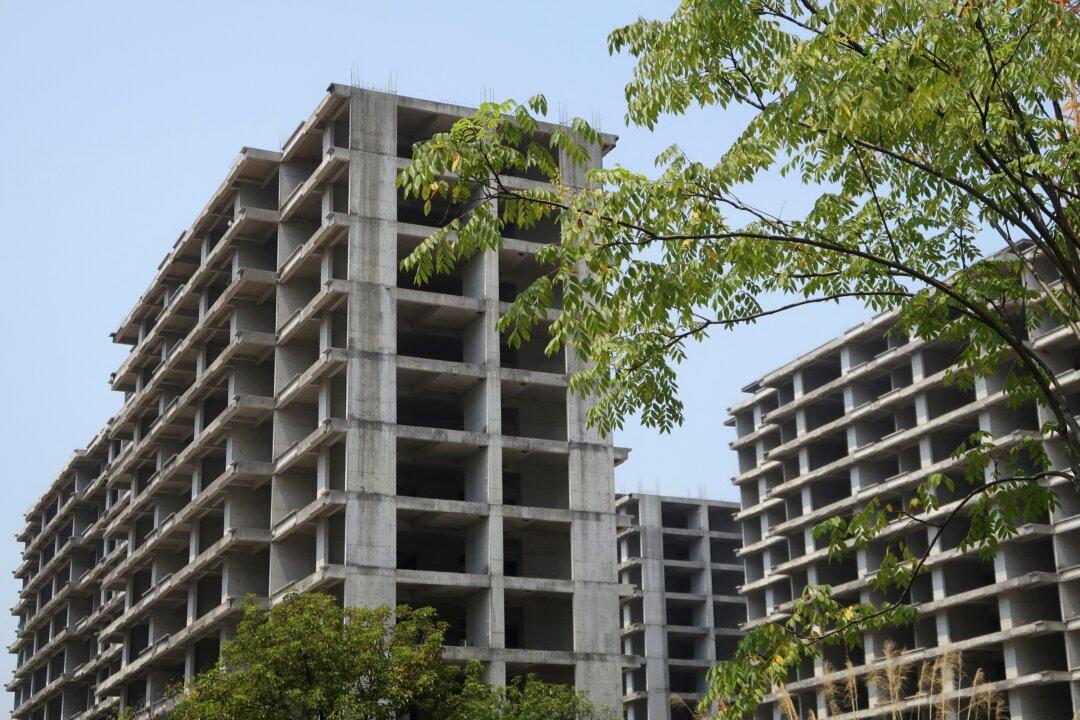China’s stimulus-themed public relations blitz continued on Oct. 17 with another high-profile press event. This time, the Ministry of Housing and Urban-Rural Development (MOHURD) led the discussion of stabilizing the country’s housing market.
Ni Hong, head of the MOHURD, rehashed previously announced policies, including removing restrictions on house purchases, sales, and prices, reducing the minimum down payments required for second-home buyers, and decreasing mortgage rates.



